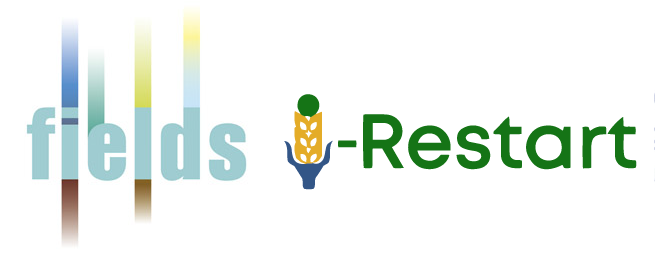Submitted by JulietteChauveau on
Organisation:
Framework:
Country:
Keywords:
Regulation, training framework, training tools, training actors, professional training
Date:
31/12/2023
Summary:
The purpose of the law is to reform the system of initial (apprenticeship) and continuing vocational training as well as the functioning of unemployment insurance.
The law reforms the personal training account (CPF), which will no longer be funded in hours, but in euros. The account will be credited with 500 euros per year for full-time employees, 800 euros for unskilled employees, up to a limit of 5,000 euros and 8,000 euros for unskilled employees. A digital application will be created to find out in real time about individual rights acquired under the personal training account and to choose a training course.
A civic commitment account will be set up with the aim of identifying and enhancing the value of civic commitment activities and thus acquiring training rights. This account will also be counted in euros.
Refresher modules on basic skills and digital knowledge will be systematically offered to jobseekers who so wish. And, from the first month, the needs and aspirations of jobseekers will be identified in order to propose a suitable training course.
To guarantee the quality of vocational training, from 1 January 2021, training organisations, providers of skills assessment or support for the validation of acquired experience (VAE) will have to be certified by a professional and independent certifier if they want to access public or mutualised funding.
A new public institution, France Compétences, will be responsible for regulating continuing vocational training and apprenticeship. It will be responsible for financial equalisation and will contribute to monitoring and evaluating the quality of the training provided and to observing the costs and levels of funding for training courses using public or mutualised funds. It will establish and update the national directory of professional certifications.
A new single contribution relating to vocational training and apprenticeship will replace the current apprenticeship tax, as well as the contribution relating to continuing vocational training, from 1 January 2019. The OPCAs will become "skills operators". They will no longer collect training contributions (Urssaf will be responsible for this collection).
The age limit for apprenticeship training will be raised from 26 to 29. Those over 26 will be paid at least the minimum wage and the remuneration of apprentices aged 16 to 20 will increase by 30 euros net. The maximum working time for underage apprentices will be increased from 35 to 40 hours per week and from 8 to 10 hours per day depending on the activity. Young people over the age of 18 in apprenticeship training will receive €500 in public funding to prepare for their driving licence. All young apprentices whose contract is interrupted during the year will have the right to extend their training at the apprentice training centre for 6 months.
The law provides for an extension of unemployment rights, subject to conditions, for
employees who have resigned, who will benefit from unemployment rights if they have resigned with a project, validated by a joint commission, to retrain or create a business and if they have worked for five years;
self-employed workers who will receive a lump-sum allowance of 800 euros per month for six months in the event of judicial liquidation, departure in the context of a judicial recovery or departure of a partner spouse after a divorce or a break-up of a civil union.
The text introduces the experimentation of a logbook for a period of eighteen months from 1 June 2019 in regions to be designated by order. In these regions, jobseekers will have to fill in the progress of their job search on a monthly basis.
Application:
Entry force:
05/09/2018
Language:
Link:
Doc_Type:
National regulation

Comments: